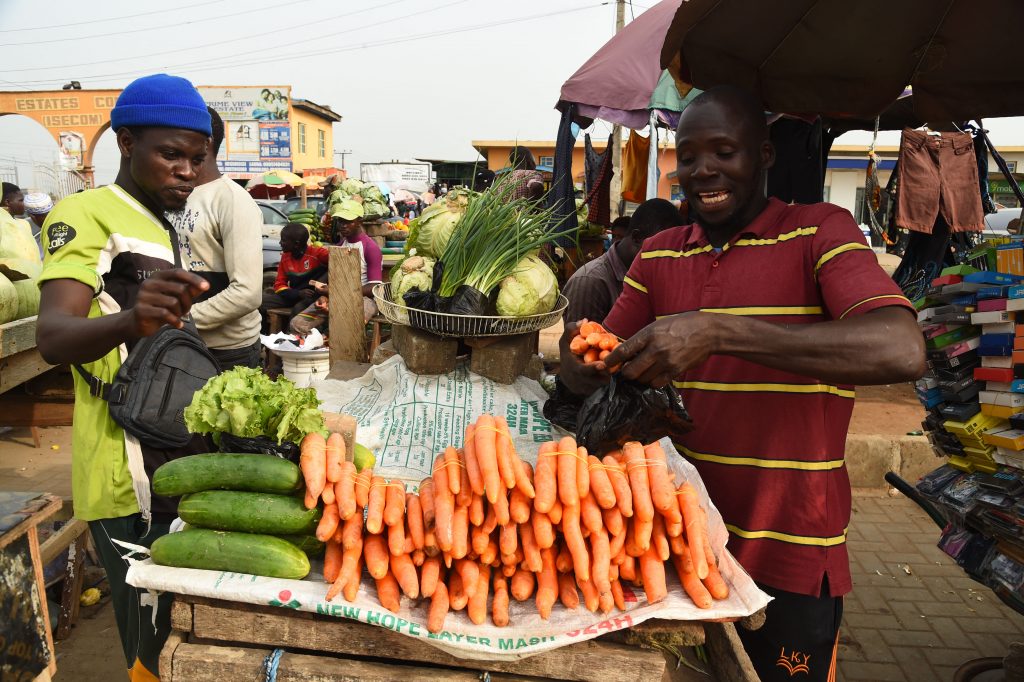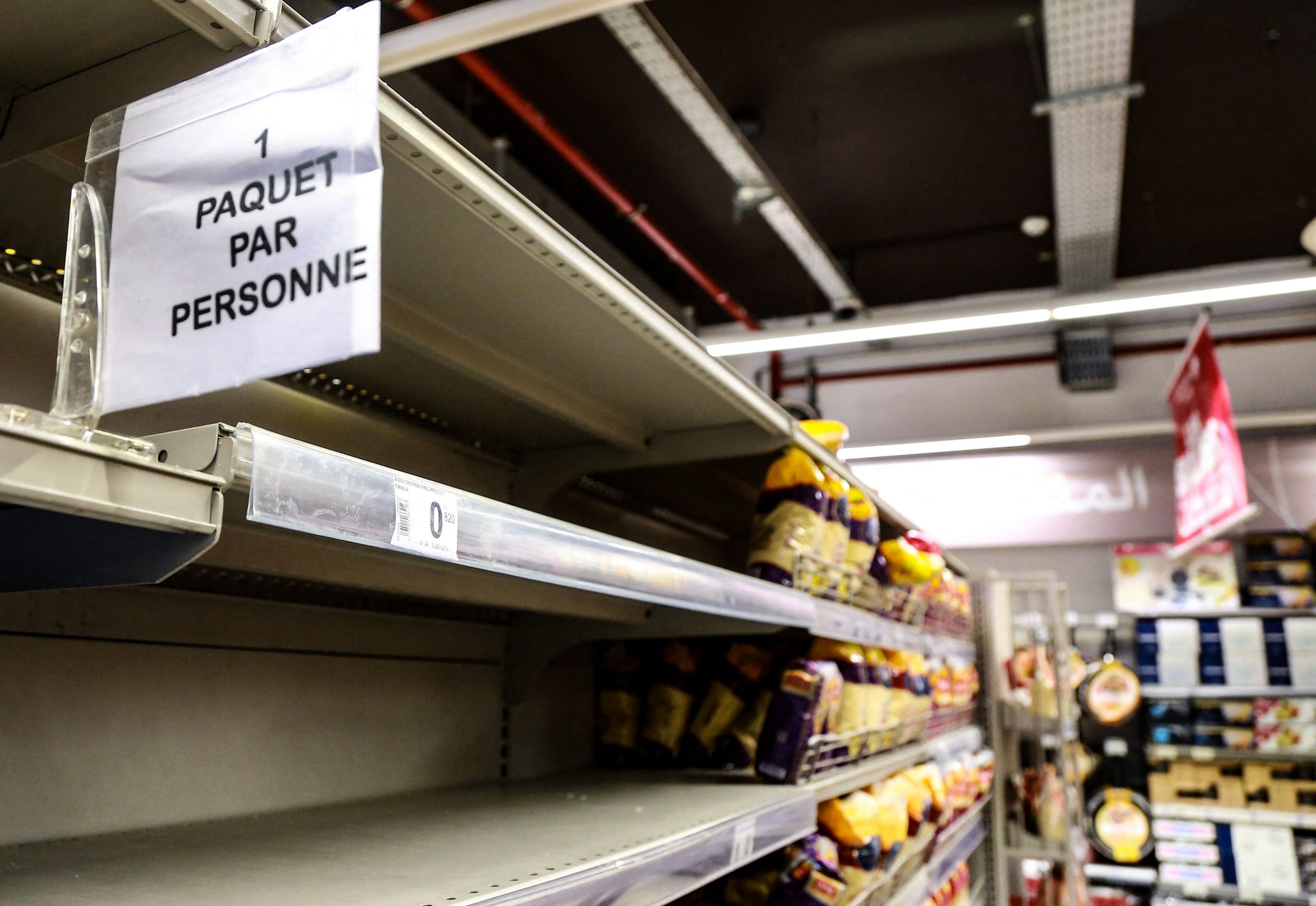Walking into a supermarket or a grocery store in a mall for shopping for some everyday use products has become a dreadful affair. It is without a doubt sending chills and even angering the population as it is. A thousand Kenya Shillings note will only secure you just half a shopping basket worth of shopping unlike when shopping for the same value of money would fill the same basket three or so years ago.
Well, this has been the case especially in Nairobi, Kenya where I am writing this from. Just the other day a well-established supermarket had a sale offer on cooking oil and the scenes at the store when the post was put up was one to behold with tens if not hundreds battling with each other to hoard the commodity from the shelves.
Since COVID-19 began global food prices have skyrocketed, putting pressure on the most vulnerable countries. Disruptions in the local and global production setting off global supply chains even in matters food unfortunately. Most of these countries in Africa continue to battle low purchasing power which are caused by these technicalities of supply chain disruptions and climate shocks.
Rise in oil prices attributed to the ongoing Russia –Ukraine war as well as export restrictions imposed by some major food exporters have exacerbated the food inflation situation in most African countries. Just last month Algerian President Abdelmadjid Tebboune banned the exportation of all consumer products that Algeria imports which include sugar, pasta, oil and all wheat derivatives. Algeria is one of the countries whose market has been crippled by food shortages for quite a while and its government has been looking for ways to cushion its citizens.

Adverse weather conditions which include changing precipitation patterns, rising temperatures and more extreme weather have contributed to mounting food insecurity. In 2019 the East and Horn of Africa experienced a desert locust plague, just like in the Exodus times, which destroyed farmlands of cereal of more than 350,000 metric tons of cereal. These plagues were linked to powerful cyclones in the fast-warming western Indian Ocean that were further worsened by heavy rains, strong winds and soaked land creating ideal conditions for desert locusts to breed and spread.
Does history offer a sign of things to come? This is the question on many people’s minds and this is why. The ongoing food price hike has invoked major comparisons to the 2007/2008 global spike in food prices that triggered upheavals in the over 30 countries worldwide and about 14 in Africa. Well, I believe Africa has some low-hanging fruits that its governments can pick up to moderate the food prices as well as improve food security which is currently lacking.
While investment in agriculture and food technology has constantly not kept pace with demand and supply. Governments across Africa can stimulate productivity through investment in the broad food supply chain. However this comes with a downside seeing that many countries in Africa lack fiscal space and constantly result to borrowing which causes a lot of strain in the public balance sheets. Issues on taxation and administrative barriers that ail the supply chains should be dealt with accordingly to maximize economic gain of these countries.
Moderation of tariff and non-tariff barriers to intra-African trade between food exporters and importers could be a solution to this problem of food prices hike. AFCFTA agreement sure does provide a dependable platform for these talks to occur. Through this, there could be an establishment of regional and national food reserve schemes linked to both credit and insurance schemes that would provide sustainability by smoothening demand and price spikes.
While resolving the food prices hike and all the insecurity attached to it requires a social, political and economic approach, innovation along the food supply chain should be encouraged and even incentivized. For quite a while now Africa has become a startup hub, with many entrepreneurs providing solutions that help Africa become better from developing climate resilient crops to those that re-imagine the food supply chain. What this startups can do is unimaginable if only their positive disruption is harnessed and paths that channel capital and funding further opened in order for them to reach their full potential.

